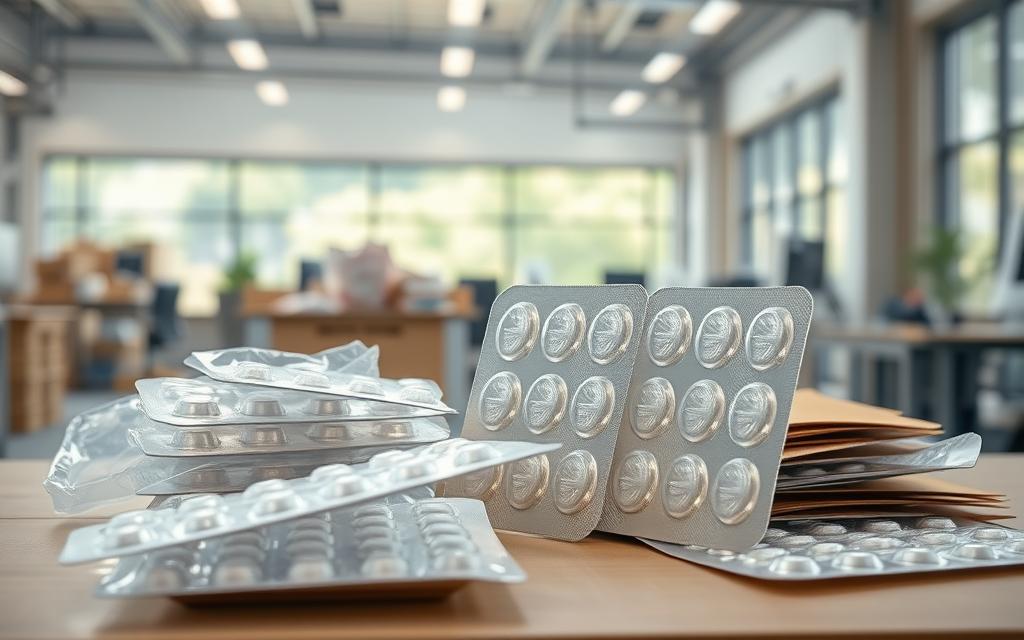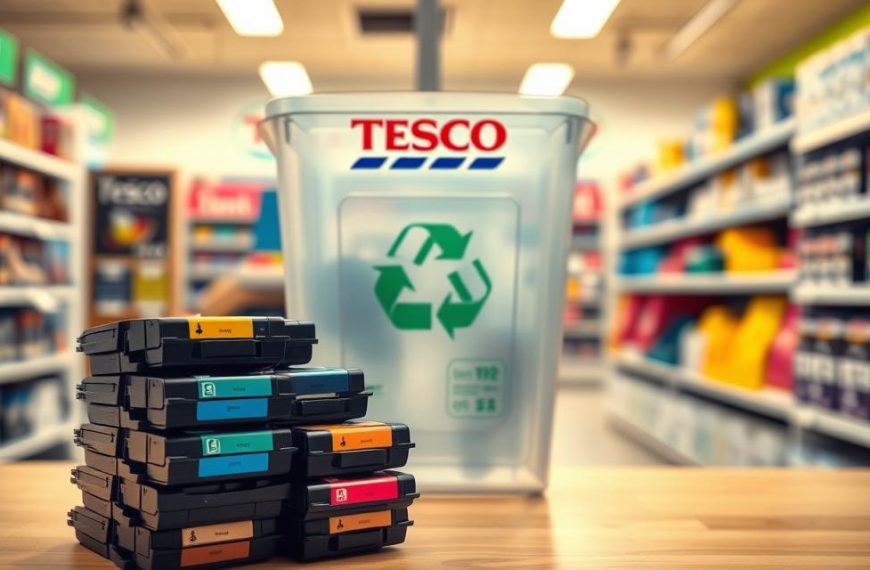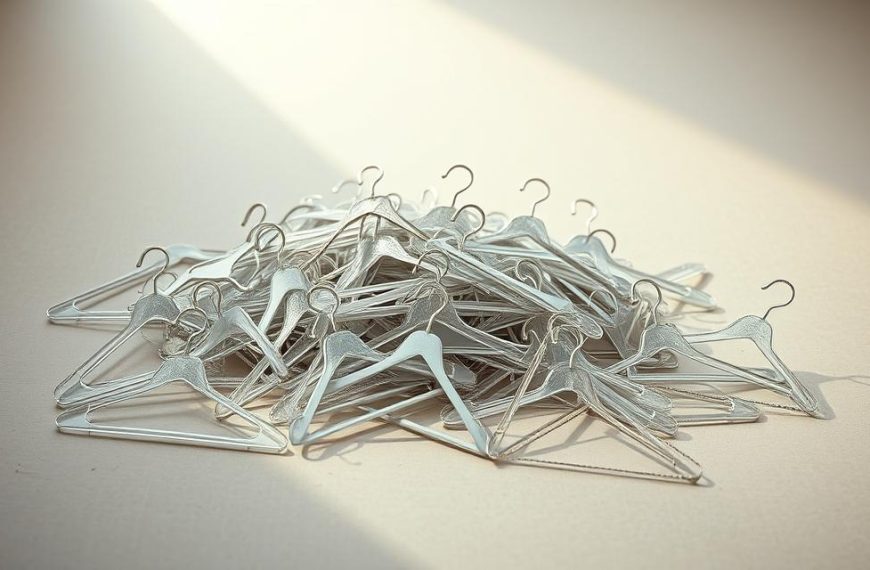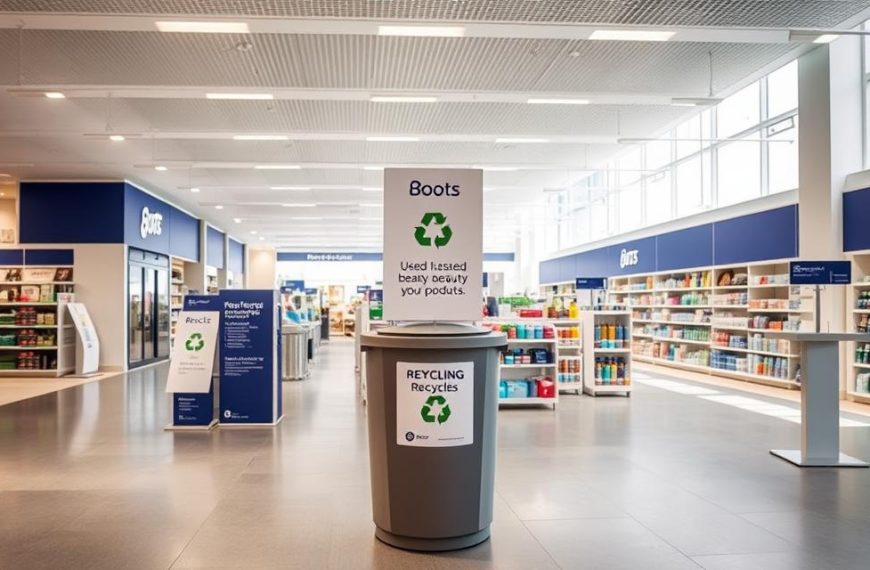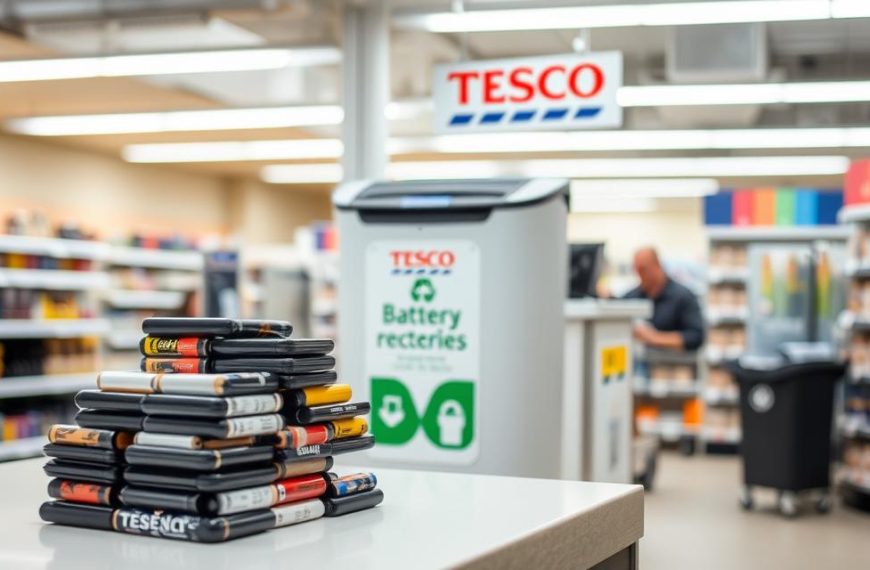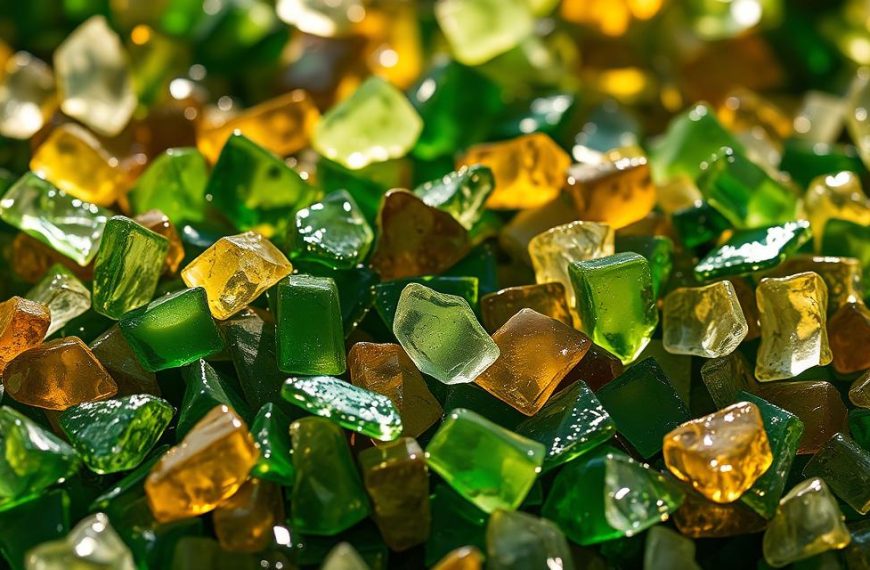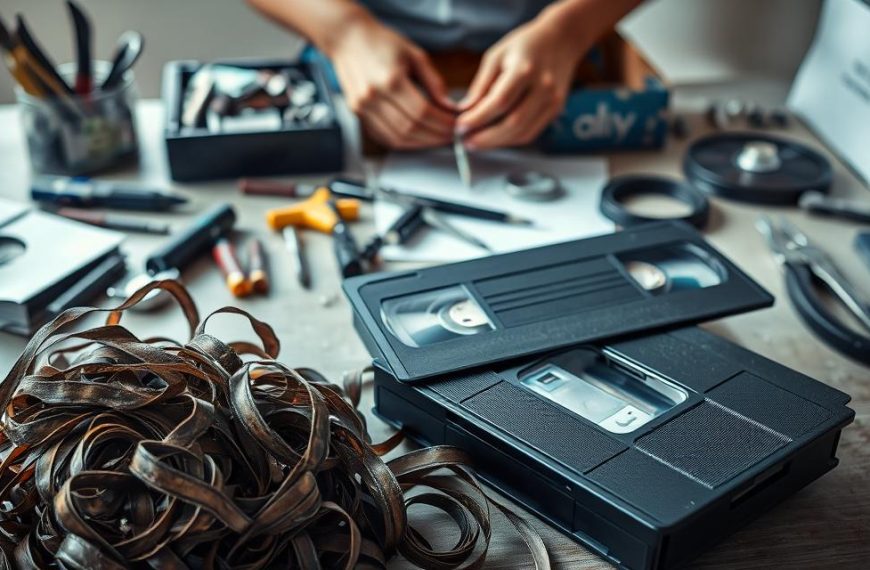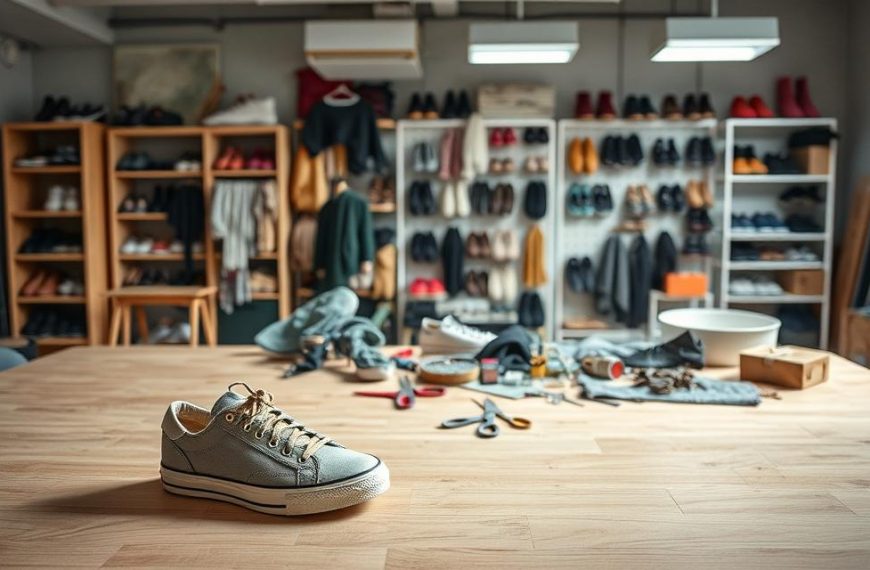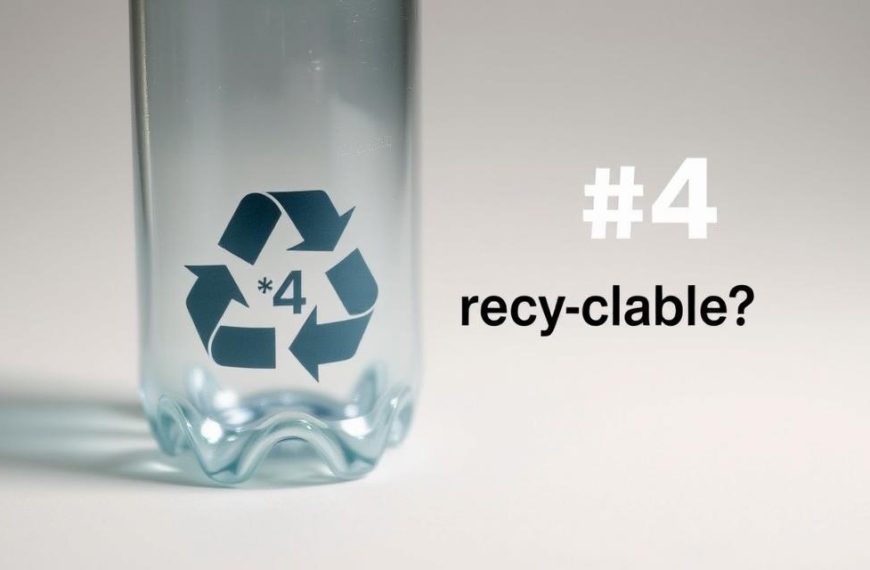Boots has introduced a groundbreaking scheme nationwide, encouraging customers to recycle their empty blister packs. This initiative follows a successful regional pilot that saw 170,000 customers sign up in London and the Southeast.
The programme is now available at over 800 stores across the UK, accepting all types of blister packs regardless of brand or original contents. This universal solution addresses a common household waste challenge affecting millions of UK residents.
As part of Boots’ broader commitment to sustainability and waste reduction, customers can participate and benefit from the programme through their Advantage Card scheme.
Understanding the Blister Pack Problem
Blister packs are a ubiquitous part of healthcare packaging, but their disposal poses a significant environmental challenge. The pharmaceutical industry produces billions of blister packs annually, with the UK alone generating thousands of tonnes of this non-recyclable waste.
Composition and Recycling Challenges
Blister packs are made from a combination of materials, including plastic and aluminium foil, which makes them difficult to recycle. The complexity of their composition means that they cannot be processed through standard recycling facilities.
The main issues with blister pack recycling include:
- The mixed materials used in their construction.
- Lack of dedicated recycling streams for such complex packaging.
- The small size of individual blister packs, making them hard to process.
The Environmental Impact of Blister Pack Waste
When sent to landfill, blister packs can take hundreds of years to break down, potentially leaching harmful chemicals into soil and groundwater. Incineration, another common disposal method, can release toxic compounds into the atmosphere, particularly from PVC-based packaging.
| Disposal Method | Environmental Impact |
|---|---|
| Landfill | Hundreds of years to decompose, potential chemical leakage |
| Incineration | Release of toxic compounds into the atmosphere |
The cumulative environmental impact of blister pack waste is significant, given their ubiquity in healthcare and the frequency with which medications and supplements are consumed. By establishing dedicated recycling streams for these materials, Boots is addressing a significant gap in the UK’s recycling infrastructure and helping to reduce the pharmaceutical industry’s environmental footprint.
Boots Recycling Blister Packs: A Nationwide Initiative
Boots has revolutionised the way we recycle pharmaceutical packaging with its nationwide blister pack recycling initiative. This programme is a significant step forward in the UK’s efforts to reduce waste and promote sustainability.
From Pilot to National Programme
The Boots blister pack recycling scheme has evolved significantly since its inception. Initially launched as a pilot programme, it has now expanded to become a nationwide initiative. This expansion is a testament to Boots’ commitment to environmental responsibility and its role as a leader in the health and beauty retail sector.
The scheme’s growth has been driven by Boots’ strategic selection of store locations, ensuring that the service is accessible to diverse communities across urban, suburban, and rural areas. As a result, the programme has become one of the most accessible pharmaceutical packaging recycling schemes in the country.
The Scale and Reach of the Scheme
The Boots blister pack recycling scheme now operates across more than 800 stores throughout the UK. This extensive network ensures that most UK residents have a collection point within reasonable travelling distance, making it easier for customers to participate in the programme.
Key statistics highlighting the scheme’s impact include:
- The Recycle at Boots collection bins are available at over 700 stores across the UK.
- Over 3.1 million products have been recycled since the initiative launched in 2020.
- The programme’s nationwide reach enables consistent messaging and customer education about recycling options, helping to establish new waste disposal habits across the UK.
By leveraging its extensive retail network, Boots has created a meaningful environmental impact and set a precedent for other retailers to follow.
How the Boots Blister Pack Recycling Scheme Works
Boots has introduced a revolutionary recycling scheme for blister packs, making it easier for customers to recycle their medication packaging. This initiative is part of Boots’ broader commitment to reducing waste and promoting sustainability. The scheme allows customers to recycle their empty blister packs at participating Boots stores, providing a convenient and environmentally friendly solution.
Types of Blister Packs Accepted
The Boots Blister Pack Recycling Scheme accepts a wide range of blister packs, including those used for tablets, capsules, and other medications. To be eligible for recycling, the blister packs must be empty and clean. The scheme is designed to be inclusive, allowing customers to recycle various types of blister packs, regardless of their size or material composition. By participating in this scheme, customers can help reduce the environmental impact of pharmaceutical packaging waste.
The Collection Process at Boots Stores
The collection process is straightforward and user-friendly. Customers start by downloading the Recycle at Boots app, available for both iOS and Android devices. Once registered, they log their empty blister packs using the app, providing basic information about the quantity and type of packaging. After logging, customers wait for validation, typically within 24 hours, before taking their blister packs to a participating Boots store. At the store, customers scan a QR code on the dedicated blister pack collection bin using the app, linking their deposit to their Boots Advantage Card account. The collection bins are designed to securely store the blister packs until they are collected and transported to MYGroup’s recycling facilities.
By following these simple steps, customers can contribute to a more sustainable environment while earning rewards through their Boots Advantage Card. The scheme is an excellent example of how Boots is using its services to make a positive impact on the environment, one blister pack at a time.
Getting Started with the Recycle at Boots App
The Recycle at Boots app is your gateway to recycling blister packs and earning rewards. This innovative app is designed to make recycling as straightforward as possible, ensuring that customers of all technological abilities can participate.
Downloading and Setting Up Your Account
To begin, you’ll need to download the Recycle at Boots app and set up your account. This involves registering and opting in, a simple process that requires basic information. Once registered, you can log empty blister packs in the app and wait for validation, typically within 24 hours.
The app features an intuitive interface, making it easy to navigate through the various sections, including logging new items, checking the status of previously logged items, and viewing earned rewards.
Navigating the App Interface
The home screen of the Recycle at Boots app provides quick access to its main functions. You can easily log new blister packs by selecting the quantity and confirming submission, aided by visual guides to ensure correct categorisation.
A dedicated map feature helps you locate your nearest participating Boots store, complete with opening hours and directions. The rewards section provides a clear overview of your Advantage Card points, showing both pending and confirmed points along with their monetary value.
By following these steps, you can efficiently use the Recycle at Boots app to recycle your blister packs and earn rewards, contributing to a more sustainable environment.
Step-by-Step Guide to Recycling Your Blister Packs
The Boots blister pack recycling scheme is designed to be easy to use, ensuring that customers can play their part in reducing waste. By following a few simple steps, you can contribute to a more sustainable future for our environment.
Logging Your Empty Blister Packs
To start recycling your blister packs, you first need to log them using the Recycle at Boots app. This involves a simple process where you indicate the number of blister packs you wish to recycle. The app is designed to be user-friendly, making it easy for customers to navigate and log their empty blister packs.
Key steps to log your blister packs:
- Download and install the Recycle at Boots app on your device.
- Create an account or log in if you already have one.
- Navigate to the section for logging blister packs.
- Enter the number of blister packs you are recycling.
Finding Your Nearest Participating Boots Store
After logging your blister packs, the next step is to find your nearest participating Boots store. The Recycle at Boots app includes an integrated store locator function that makes it easy to find stores equipped with blister pack collection facilities.
How to find your nearest store:
- Use the store locator feature within the Recycle at Boots app.
- Enter your postcode, town, or current location to search for nearby stores.
- The app will display a list and map of stores that participate in the blister pack recycling scheme, along with their opening hours and contact details.
By following these steps, you can easily recycle your blister packs and contribute to a more sustainable environment. The Boots recycling scheme is an innovative initiative that makes a significant difference in reducing pharmaceutical waste.
| Store Feature | Description |
|---|---|
| Store Locator | Find the nearest Boots store participating in the blister pack recycling scheme. |
| Blister Pack Collection | Drop off your logged blister packs at the designated collection point in-store. |
| Recycle at Boots App | Log your blister packs and track your recycling activity. |
For more information on the Boots blister pack recycling scheme and to find out more about their broader sustainability commitments, visit the Boots website or contact their customer service.
Earning Boots Advantage Card Points Through Recycling
Boots’ innovative recycling initiative offers a dual benefit: reducing waste and earning rewards. By recycling blister packs and other hard-to-recycle health and beauty products through the Recycle at Boots app, customers can earn valuable Boots Advantage Card points.
The Rewards Structure Explained
Customers who deposit five hard-to-recycle beauty empties through the Recycle at Boots app can earn 500 Boots Advantage Card points, equivalent to £5, with a minimum in-store spend of £10. This represents a significant 50% return on their purchase, making it a compelling incentive for regular recyclers.
The rewards structure is designed to encourage customers to continue recycling, with the potential to accumulate substantial points over time. These points can be redeemed against future purchases, effectively reducing the net cost of their regular shopping.
Maximising Your Advantage Card Points
Strategic recyclers can maximise their rewards by combining blister pack recycling with other Boots recycling initiatives. For example, customers can deposit other hard-to-recycle health and beauty empties through the Recycle at Boots app to earn additional points.
- Timing recycling deposits to coincide with necessary purchases at Boots can help reduce the net cost of regular shopping.
- The Advantage Card points earned through recycling can be combined with other Boots promotions, such as special offers and personalised discounts.
- Regular recyclers who save their blister packs and beauty empties for monthly deposits can accumulate substantial points over time.
By leveraging these strategies, customers can optimise their rewards and contribute to environmental sustainability.
The Journey of Your Recycled Blister Packs
As soon as you recycle your blister packs through Boots, they enter a cutting-edge recycling process. This process not only diverts waste from landfills but also transforms the materials into valuable resources.
The Separation and Processing Technology
The recycled blister packs undergo a sophisticated separation process. The technology used ensures that the plastic and foil components are separated efficiently. The recovered plastic is then processed into a raw material that can be used to manufacture new products.
From Waste to Useful Products: The MYBoard™ Innovation
The recovered plastic from blister packs is transformed into MYBoard™, an innovative composite material developed by MYGroup. This durable and weather-resistant material is used to create a variety of products, including playground equipment and outdoor furniture for schools and parks.
| Product | Material | Benefit |
|---|---|---|
| Playground Equipment | MYBoard™ | Durable and weather-resistant |
| Outdoor Furniture | MYBoard™ | Low maintenance |
| Construction Materials | MYBoard™ | Sustainable alternative to traditional wood |
By recycling your blister packs through Boots, you’re contributing to the creation of these sustainable products, enhancing the health and beauty of community spaces and prolonging the life of materials that would otherwise be waste.
Environmental Benefits of the Boots Recycling Scheme
The environmental benefits of Boots’ innovative recycling scheme are multifaceted, addressing both waste management and sustainable material creation. By recycling blister packs, Boots is not only reducing the amount of waste sent to landfills but also creating valuable community assets.
Diverting Waste from Landfill
One of the primary environmental benefits of the Boots recycling scheme is the diversion of waste from landfills. Blister packs, being difficult to recycle due to their composite materials, often end up in landfills. By collecting and recycling these packs, Boots is significantly reducing the environmental impact of pharmaceutical packaging. The scheme has already shown promising results in diverting a substantial amount of waste away from landfills.
Impact on Waste Management: The recycling of blister packs through Boots’ initiative contributes to a more circular economy by ensuring that materials are kept in use for as long as possible. This approach reduces the need for virgin materials and minimizes waste.
Creating Sustainable Materials for Community Use
The recycled materials from blister packs are transformed into useful products such as playground equipment and furniture through the creation of MYBoard™. This sustainable material provides a durable and eco-friendly alternative to traditional plastics and timber products.
| Product | Material | Community Use |
|---|---|---|
| Playground Equipment | MYBoard™ | Recreational Spaces |
| Furniture | MYBoard™ | Public Spaces |
| Construction Materials | Recycled Plastic | Building Projects |
The MYBoard™ material created from recycled blister packs is not only sustainable but also durable, reducing the need for frequent replacements. This closed-loop system embodies the principles of a circular economy, where waste is transformed into valuable resources. By creating community assets from recycled materials, Boots is promoting environmental consciousness and inspiring further sustainable practices.
Comparing Boots’ Scheme to Other Recycling Options
When it comes to recycling blister packs, Boots has introduced a pioneering scheme that stands out from other recycling options. The complexity of blister pack materials, typically a combination of plastic and foil, makes them difficult to recycle through conventional household kerbside collections.
How Boots’ Initiative Stands Out
Boots’ recycling initiative offers several advantages over other disposal methods. Unlike some local authorities’ specialised collection schemes, which are often limited to small areas, Boots’ programme is nationwide, making it more accessible to a broader audience. Additionally, Boots’ scheme provides tangible rewards through their Advantage Card points system, encouraging more consumers to participate.
Compared to mail-back programmes offered by certain pharmaceutical companies, which can be limited to prescription medications and require consumers to pay for postage, Boots’ initiative is more inclusive and cost-effective for consumers.
Alternative Blister Pack Disposal Methods
Before Boots’ initiative, consumers had limited options for responsibly disposing of blister packs. Some opted for TerraCycle’s difficult-to-recycle programme, although collection points were far fewer than Boots’ nationwide network. Others attempted to separate the components at home, a process that is time-consuming and often ineffective without industrial separation technology.
In contrast, Boots’ scheme offers superior convenience, broader accessibility, and health and beauty product users a straightforward way to recycle their packs at home or in-store, aligning with the growing demand for sustainable practices in daily life, including in the home.
Boots’ Broader Sustainability Commitments
As a leading health and beauty retailer, Boots is dedicated to reducing its environmental footprint. The company is committed to making a positive impact on the environment through various sustainability initiatives, enhancing its health and beauty services while being mindful of its ecological day-to-day operations.
The Be More Edit and Sustainable Product Choices
Boots has introduced “The Be More Edit,” a range of sustainable product choices that cater to the growing demand for eco-friendly products. This initiative includes a comprehensive review of packaging to minimize waste and promote recycling. By focusing on sustainable health and beauty products, Boots aims to reduce its environmental impact while promoting health and wellbeing.
The Be More Edit encourages customers to make more sustainable choices, offering a variety of beauty and personal care products with reduced plastic content or alternative, eco-friendly packaging. This move aligns with Boots’ broader commitment to sustainability and reducing its ecological footprint.
Reducing Plastic Across the Boots Range
Boots is taking significant steps to reduce plastic across its product range. In 2022, the company made a notable commitment by completely eliminating plastic-based wet wipes from its stores, a decision that underscores its dedication to reducing single-use plastic. This move was part of a broader strategy to minimize plastic use in its products and packaging, including redesigning packaging to use less material or switch to more sustainable alternatives.
Other initiatives include introducing concentrated formulations for liquid products, expanding refill stations for products like shampoo and shower gel, and collaborating with suppliers to encourage similar plastic reduction initiatives. These efforts demonstrate Boots’ commitment to providing high-quality health and beauty services while minimizing its environmental impact.
Customer Experiences with the Blister Pack Recycling Scheme
The Boots blister pack recycling scheme has been a resounding success, with customers playing a crucial role in its effectiveness. As the programme continues to grow, it’s essential to share the experiences of those who have participated, highlighting both the successes and areas for improvement.
Success Stories and Testimonials
Many customers have expressed satisfaction with the Boots blister pack recycling scheme, citing the ease of use and the rewards earned through their Advantage Card as significant motivators. One customer noted, “I’ve been recycling my blister packs at Boots for a few months now, and it’s great to see the impact it’s having on the environment.”
Another customer praised the programme, saying, “The Recycle at Boots app is user-friendly, and I’ve enjoyed earning points for my recycling efforts. It’s a great way to make a difference in my community’s health and beauty practices.”
“I’ve been impressed with how straightforward the process is. I just log my empty blister packs, take them to my local Boots store, and earn points. It’s a simple way to contribute to a more sustainable future.”
Common Questions and Feedback
While the majority of feedback has been positive, some customers have raised questions about the scheme. Common queries include whether prescription medication blister packs are accepted, with Boots confirming that all types of empty blister packs are eligible for recycling, regardless of their original contents.
| Customer Query | Boots Response |
|---|---|
| Do blister packs need to be cleaned before recycling? | While they should be empty of medication, extensive cleaning is not necessary. |
| Can I combine blister pack recycling with other Recycle at Boots initiatives? | Yes, customers are encouraged to do so to maximise their reward earnings. |
| Are there plans to expand collection points to smaller Boots pharmacies? | Customers have suggested this, and it’s under consideration to further increase accessibility. |
By addressing these questions and incorporating customer feedback, Boots continues to refine and improve the blister pack recycling scheme, making it more accessible and rewarding for customers across the UK.
Tips for Efficient Blister Pack Collection at Home
To make the most of Boots’ blister pack recycling scheme, it’s essential to have an efficient collection system at home. By implementing a few simple strategies, you can ensure that you’re maximising your recycling efforts and earning the most Boots Advantage points.
Setting Up a Home Collection System
Establishing a designated area for collecting blister packs is the first step towards efficient recycling. Consider allocating a specific container or box where you can store empty blister packs until you’re ready to take them to Boots. This could be a spare box or a container specifically designed for recycling purposes. By having a dedicated space, you’ll be more likely to keep track of your blister packs and ensure they’re not misplaced or mixed with other waste.
When and How Often to Recycle
The frequency of recycling depends on your household’s medication usage. Most households find that a monthly schedule works well, allowing sufficient time to collect the minimum five blister packs required for rewards. However, households with multiple medication users may benefit from more frequent recycling, perhaps fortnightly, to manage the volume of packaging and maintain tidiness in collection areas.
| Recycling Frequency | Household Medication Usage | Benefits |
|---|---|---|
| Monthly | Average | Sufficient time to collect minimum 5 blister packs |
| Fortnightly | High | Manages volume of packaging, maintains tidiness |
| Quarterly | Low | May not meet minimum requirement for rewards |
To maximise efficiency, consider coordinating your blister pack recycling with regular shopping trips to Boots. This ensures you can meet the minimum spend requirement without making special journeys. Additionally, setting calendar reminders or incorporating recycling into other regular routines, such as prescription refills, can help maintain consistency in your recycling habit.
The Future of Pharmaceutical Packaging Recycling
The future of pharmaceutical packaging recycling is poised for significant transformation. As consumers become increasingly environmentally conscious, the health and beauty industry is under pressure to adopt more sustainable practices. The Boots blister pack recycling scheme is a step in the right direction, but there is still much to be achieved.
Upcoming Developments in the Boots Scheme
The Boots scheme is expected to evolve with advancements in technology and materials science. Some of the upcoming developments include the use of biodegradable alternatives to traditional blister packs and the integration of digital technology to track recycling rates. According to industry experts, “the concept of ‘design for recycling’ is gaining traction, with packaging engineers considering end-of-life scenarios during the initial design phase rather than as an afterthought.”
The scheme is also likely to benefit from extended producer responsibility, potentially requiring pharmaceutical companies to fund or manage the recycling of their packaging. This shift is expected to drive innovation in packaging design, with a focus on using mono-materials that are easier to recycle.
Industry Trends in Sustainable Packaging
The pharmaceutical industry is witnessing a significant shift towards sustainable packaging. Some of the key trends include the use of plant-based plastics, redesigning blister packs to improve recyclability, and the adoption of digital technology to enhance the recycling process. A recent report highlighted that “consumer pressure and environmental awareness are driving pharmaceutical companies to publicly commit to packaging reduction targets and sustainable material transitions, accelerating industry-wide change.”
| Trend | Description | Impact |
|---|---|---|
| Biodegradable Alternatives | Use of plant-based plastics | Improved end-of-life options |
| Design for Recycling | Packaging designed with recyclability in mind | Increased recycling rates |
| Digital Technology | Integration of QR codes for disposal instructions | Enhanced tracking of recycling rates |
As the industry continues to evolve, it is likely that we will see a significant reduction in waste and an increase in the use of sustainable materials. With brands like Boots leading the way, the future of pharmaceutical packaging recycling looks promising.
Frequently Asked Questions About Boots Blister Pack Recycling
As part of our commitment to sustainability, we’re addressing common questions about recycling blister packs at Boots. The process is straightforward, but we understand that customers may have queries about getting started and maximising their rewards.
Eligibility and Participation Questions
To participate in the Boots blister pack recycling scheme, customers need to download the Recycle at Boots App, log their empty blister packs, and then bring them to a participating Boots store. Here are some answers to common questions about eligibility and participation:
- Can I use the app if I don’t have a smartphone? Currently, the digital tracking and rewards system requires a smartphone, but Boots is exploring alternative options for customers without access to this technology.
- How do I update my Advantage Card details if I’ve received a new card? You can link your new card through the app settings or ask for assistance at any Boots store to ensure continuity of your recycling rewards.
- What happens if I’ve already dropped off my blister packs but forgot to log them in the app first? Unfortunately, items must be logged before deposit to receive rewards, but you can still recycle them for environmental benefit.
Understanding the time it takes for validation is also crucial. If validation takes longer than expected, customers should check their internet connection and app notifications settings, then contact Boots Customer Service if the issue persists.
Technical Issues and Troubleshooting
Technical issues can sometimes arise, but there are simple solutions to common problems. For instance, if the app crashes or loses logged items, it should sync with Boots’ servers upon signing back in. If issues persist, customers are advised to contact customer support.
- How can I resolve QR code scanning problems at the collection bin? Ensure good lighting, hold your phone steady, and make sure the QR code is clean and undamaged; if problems persist, ask a store colleague for assistance.
- What should I do if the app doesn’t validate my blister packs within 24 hours? Check your internet connection and app notifications settings, then contact Boots Customer Service if the issue persists.
By using the Boots app and following these guidelines, customers can ensure a smooth recycling experience. For further assistance, customers can reach out to Boots’ customer service, who are ready to help with any health and beauty related queries, including those about the recycling scheme.
How to Get Involved Beyond Individual Recycling
Beyond simply recycling your blister packs, there are numerous ways to contribute to Boots’ sustainability mission and make a significant impact on the environment.
Spreading Awareness in Your Community
One of the most effective ways to support Boots’ environmental initiatives is by spreading awareness about their recycling scheme within your community. You can do this by:
- Sharing your positive experiences with the recycling scheme on social media and tagging Boots to raise awareness and encourage the company to continue investing in sustainability programmes.
- Suggesting the blister pack recycling scheme to other retailers and pharmaceutical companies, which can help expand the concept beyond Boots and create industry-wide change.
By taking these steps, you can play a crucial role in promoting sustainability and environmental responsibility in your community.
Supporting Boots’ Environmental Initiatives
Boots is committed to reducing its environmental footprint through various initiatives, including the Be More Edit, which categorizes products into plastic-free, recycled, re-usable, vegan, and cruelty-free options. You can support these efforts by:
| Initiative | Description | Impact |
|---|---|---|
| Choosing Be More Edit Products | Selecting products that are categorized as plastic-free, recycled, or re-usable. | Reduces waste and supports sustainable practices. |
| Providing Feedback | Offering feedback through customer surveys or direct communication. | Helps Boots refine and improve their environmental initiatives. |
| Participating in Multiple Schemes | Taking part in various Recycle at Boots schemes. | Maximizes environmental impact and demonstrates customer support. |
By engaging with these initiatives, you can contribute to Boots’ broader sustainability goals and encourage environmentally responsible practices.
Conclusion: Making a Difference One Blister Pack at a Time
With the success of its pilot scheme, Boots has launched a nationwide blister pack recycling programme, making recycling easier and more rewarding. The Boots blister pack recycling scheme is now available at over 800 stores across the UK, following a successful pilot that saw 170,000 customers sign up in London and the Southeast.
The scheme represents a significant step forward in addressing a previously overlooked waste stream, demonstrating how retailer innovation can fill gaps in municipal recycling systems. By combining environmental action with tangible rewards, Boots has created a model that acknowledges both altruistic and practical motivations, potentially increasing participation rates.
The transparent process—from collection through to transformation into community products—builds trust in the recycling system and helps participants see the direct impact of their actions. As the programme continues to expand and evolve, it sets a precedent for other retailers and industries to develop similar closed-loop systems for difficult-to-recycle materials.
Individual actions, when multiplied across thousands of participants, create meaningful environmental change, with the potential to divert millions of blister packs from landfill annually. By recycling your empty blister packs at Boots, you’re not only earning rewards but also contributing to a more sustainable future in the health and beauty sector.
The Boots recycling scheme is a great example of how a simple action can make a significant difference. By being part of this initiative, you’re helping to create a more environmentally friendly life and encouraging others to do the same.
